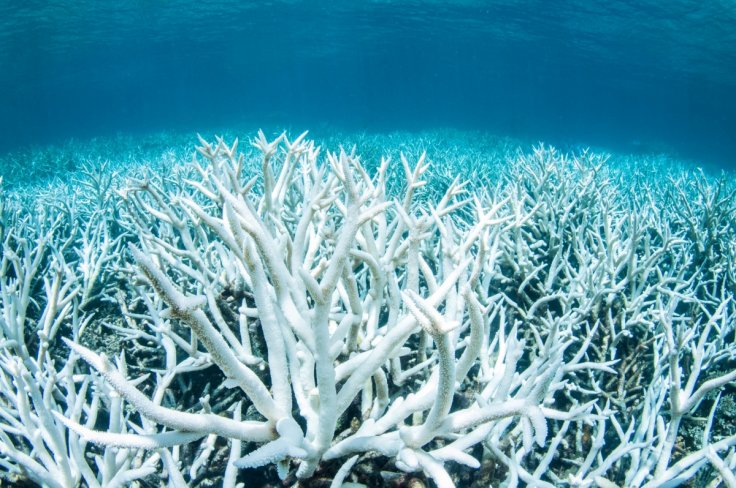As the coronavirus crisis continues on the mainland, Australia's Great Barrier Reef is facing its own problems with the third mass bleaching event in the last five years. Scientists claim that an innovative "cloud brightening" experiment can be helpful to protect the reef from global warming.
Talking about the early-stage trial experiment, the researchers said that they used a boat-mounted fan, which looks similar to a snow cannon, to shoot salt crystals into the air that will eventually help to cool the waters around the reef by making clouds reflect more sunlight.

Theory may need some more years
Daniel Harrison from Southern Cross University and the lead scientist of the project told AFP on Friday: "Results from the trial were really, really encouraging. All the research is theoretical... so this an absolute world first to go out and actually try and take seawater and turn it into these cloud condensation nuclei." However, Harrison said that despite the success of the experiment, they would require at least four more years of further research to prove the theory.
Last month, the experiment was carried out by the university and the Sydney Institute of Marine Science just before a comprehensive scientific aerial survey revealed that the Great Barrier Reef, which is a UNESCO World Heritage Site, had suffered its most widespread coral bleaching on record. The latest mass bleaching raised fears that much of the reef's coral could be permanently damaged.
Bleaching stress can be reduced by 70%
Harrison said that in order to have a significant impact on the coral reef, a full-scale experiment would need to be 10 times larger, involving the use of several big barge-mounted turbines. "If it works as well as we hope then maybe we could reduce the bleaching stress by about 70%... potentially nearly all of the mortality," he added.
According to Harrison, the effectiveness of the cloud-brightening technique would drop significantly as the ocean warms further. This indicates that the experiment process will be similar to putting the reef on life-support, while the underlying challenge of climate change was addressed.
"If we keep going on business-as-usual-type emission scenarios, then at most this technology can just buy a couple of extra decades before we see the complete loss of the reef," the scientist warned.









